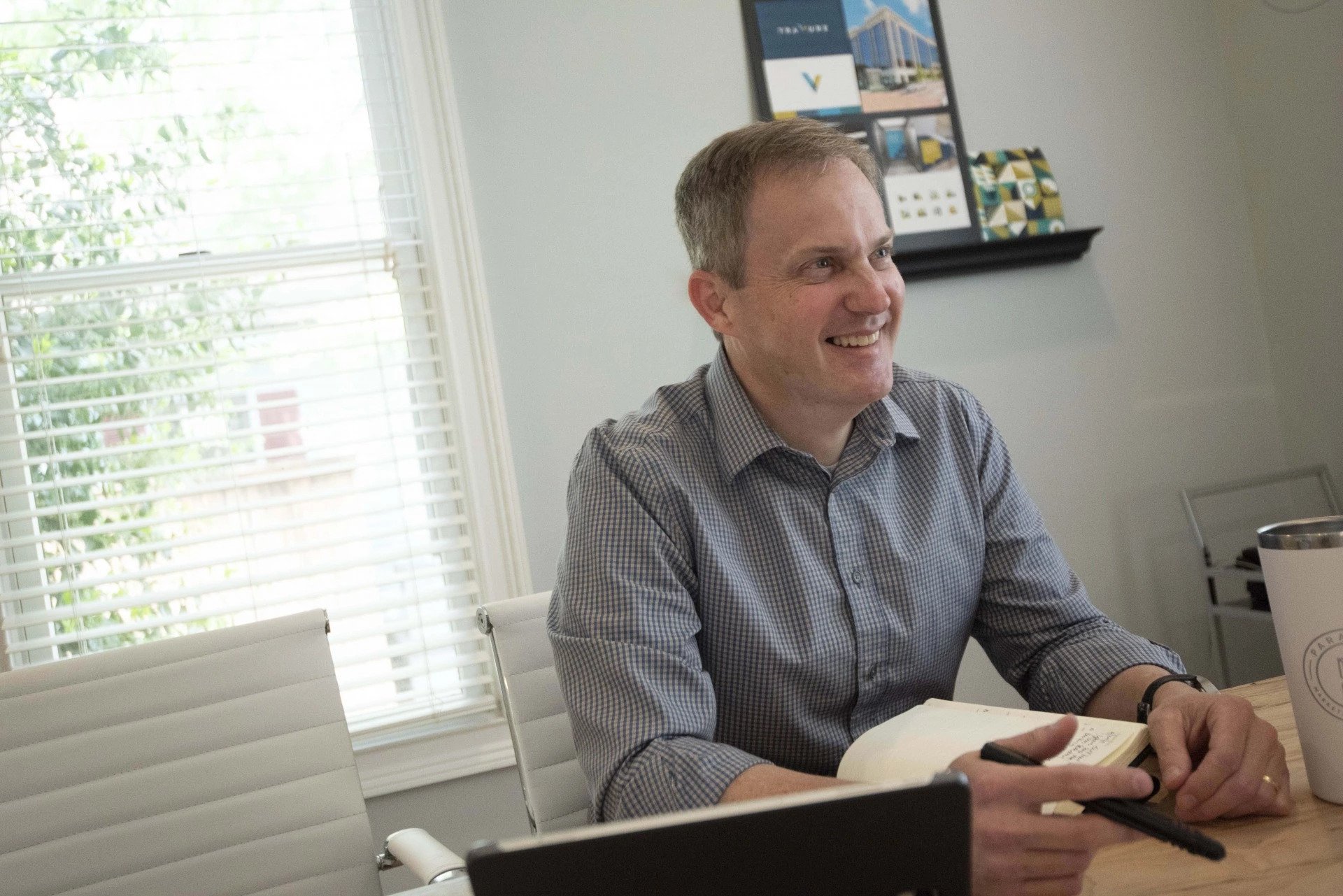As Memphis businesses plan for 2025, adapting to the evolving market is crucial. Consumers are becoming increasingly selective, and standing out requires more than just a good product or service—it demands a clear brand identity, effective digital presence, and impactful advertising strategies. With the new year around the corner, here’s how businesses in Memphis can craft their brand strategies to drive growth in 2025.
Branding and Storytelling: Deepen Connections with the Memphis Market
Branding isn’t just about a logo or tagline; it’s about telling a story that resonates. In a vibrant and community-driven city like Memphis, consumers are drawn to brands that reflect local culture and values. Storytelling will continue to be one of the most powerful tools for Memphis brands to build trust and loyalty in 2025.
Strategies for 2025:
Highlight Community Involvement: Emphasize your commitment to the Memphis community by sharing how your business supports local causes, events, or initiatives. Consumers value brands that give back, so let your audience know the ways you’re helping Memphis thrive.
Focus on Authenticity and Transparency: The digital-savvy consumer of 2025 will demand transparency. Be open about your brand’s story, mission, and values. Share the “why” behind your business and make your brand’s purpose clear.
Consistency Across All Channels: Consumers are looking for a cohesive brand experience whether they’re interacting with your business online, in-store, or through social media. Paradigm’s brand strategy expertise can help Memphis businesses ensure brand messaging is consistent, engaging, and true to their identity.
Digital Marketing in 2025: Engage and Attract with Targeted Content
With consumers spending more time online, digital marketing is evolving into a nuanced mix of targeted content, local SEO, and social media engagement. As we approach 2025, Memphis businesses can stand out by using tailored digital strategies that connect with local audiences.
Strategies for 2025:
Prioritize Localized SEO: Optimize your online presence by focusing on Memphis-specific search terms and keywords, helping your brand appear at the top when local consumers search for products or services you offer.
Invest in Engaging Video Content: Video content remains highly effective, and in 2025, brands can leverage this medium to tell their story, introduce products, or showcase customer testimonials. Videos can drive engagement and offer a more personal connection with your audience.
Build Community on Social Media: Social media will continue to be essential in 2025, but the key is engagement. Join conversations, host local giveaways, and encourage followers to share their experiences with your brand. Paradigm’s digital marketing team can develop a localized strategy to connect with the Memphis community in a way that feels genuine and impactful.
Website Design and User Experience: Make Every Click Count
As the digital storefront for your brand, your website’s role is paramount. For 2025, Memphis businesses should focus on creating websites that offer a seamless and engaging experience across all devices.
Strategies for 2025:
Mobile-First Design: With a growing number of users accessing websites on their phones, it’s essential to prioritize a mobile-first design. Ensure that your site loads quickly and is easy to navigate on any device.
Emphasize Local Relevance: Use visuals and content that reflect Memphis’s culture and vibe. Visitors should feel a connection to your brand and the city from the moment they land on your site.
Clear and Compelling Calls-to-Action (CTAs): A website is only as effective as its ability to convert. Whether it’s booking a service, signing up for a newsletter, or making a purchase, guide users toward the next step with clear and enticing CTAs.
Paradigm’s web design expertise can help you build a site that’s not just attractive but optimized for conversion, ensuring Memphis consumers can easily interact with and invest in your brand.
Impactful Advertising in 2025: Boost Visibility with Targeted Campaigns
In a competitive market, visibility is everything. As we enter 2025, Memphis businesses can take advantage of both digital and traditional advertising channels to reach a broader audience and reinforce their brand’s presence.
Strategies for 2025:
Leverage Geo-Targeting in Digital Ads: Memphis businesses can make the most of their advertising budgets by using geo-targeting to reach local audiences with specific needs. Run ads that speak to local events, holidays, and popular Memphis locations.
Utilize Outdoor Advertising Strategically: From billboards to bus stops, outdoor advertising remains effective in Memphis’s high-traffic areas. For 2025, consider placing ads near community centers, sports venues, and other areas where your target audience is likely to be.
Invest in Retargeting Campaigns: Retargeting is an effective way to stay top-of-mind with potential customers. In 2025, consider using retargeting to connect with users who visited your website but didn’t convert—bringing them back to engage with your brand.
Paradigm can help Memphis businesses design and implement advertising campaigns that balance reach with relevance, ensuring that your message resonates with the right audience at the right time.
Prepare Your Brand for a Successful 2025
Planning for 2025 means looking at the trends that are shaping consumer behavior and ensuring that your brand strategy aligns with the needs of the Memphis market. By prioritizing storytelling, engaging digital marketing, mobile-friendly website design, and strategic advertising, Memphis businesses can build a brand that not only reaches but resonates with local consumers.
As a Memphis-based branding and marketing agency, Paradigm Marketing & Creative is ready to help your business develop these essential strategies, ensuring that your brand doesn’t just reach your audience—it resonates and thrives. With the right approach, Memphis businesses can confidently move forward, making a lasting impact in a competitive and ever-evolving landscape.














